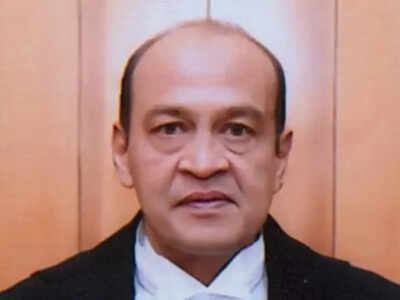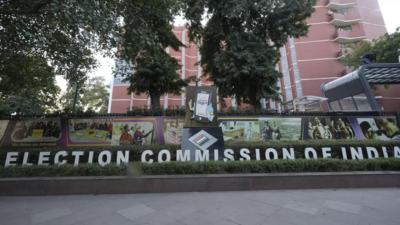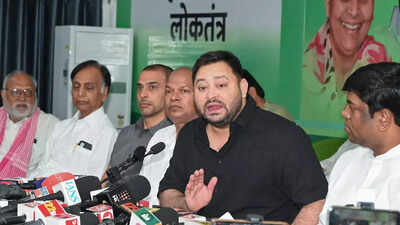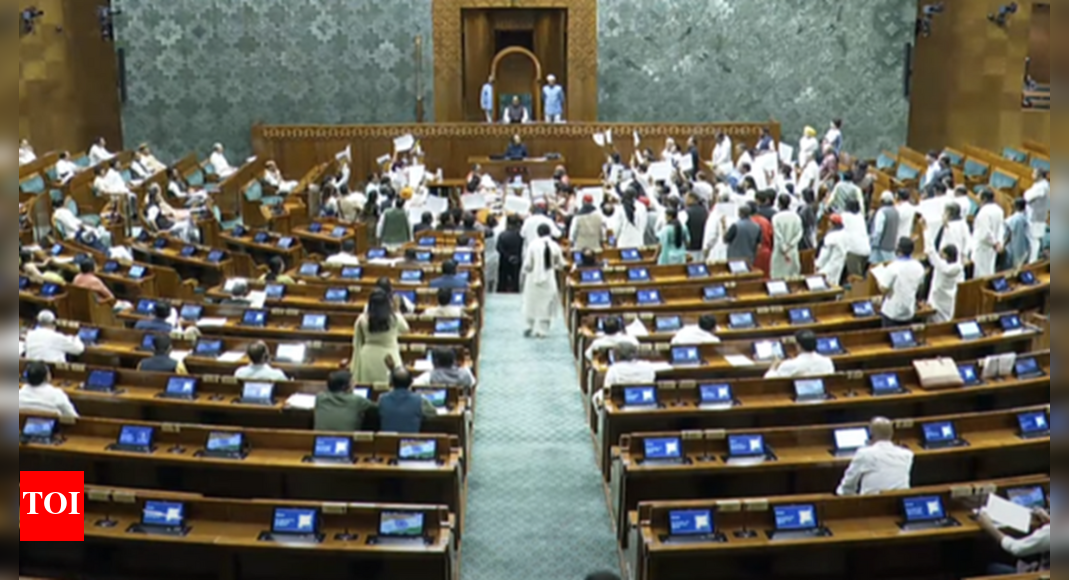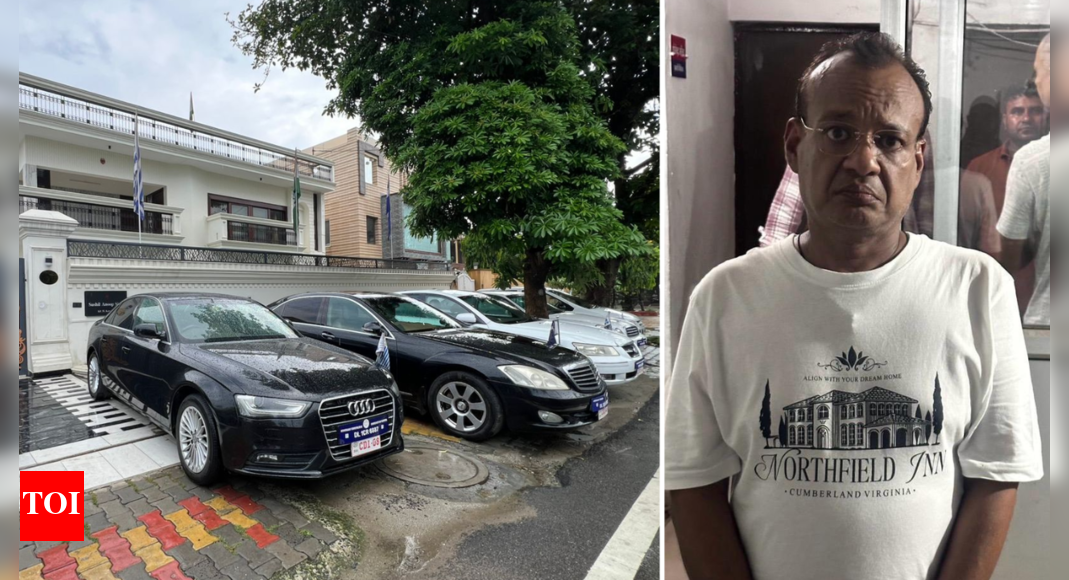NEW DELHI: Was the notice for the motion of removal of Allahabad HC Justice Yashwant Varma only “submitted” or was it “admitted” as well. The seemingly technical issue goes to the heart of the fast-paced events that led to the resignation of Vice-President and Rajya Sabha Chairman Jagdeep Dhankhar on Monday evening.It acquires significance because a determination would decide whether the RS Chairman would have a role in the choice of the three members of the investigation panel which, under the Constitution, would examine the veracity of the charges against Justice Varma.Dhankhar is learnt to have earned the annoyance of the govt and the governing coalition by acknowledging the notice given by 63 opposition MPs to seek the launch of proceedings for the HC judge’s ouster. Sources termed it as a “breach-of-faith” issue by pointing out that the govt had already announced its decision that the process should start in Lok Sabha and had taken the first step by getting 145 MPs from all parties to sign the notice which was submitted to LS Speaker Om Birla on Monday morning.However, Dhankhar sidestepped this, and the RS notice had signatures of only opposition members. Although technically correct, the decision flew in the face of govt’s desire to make the proceedings against Justice Varma an all-party concern.On Monday afternoon in RS, Dhankhar cited the Judges (Inquiry) Act, 1968, to say that in a situation where such a notice is given in both Houses on the same day, “no committee shall be constituted unless the motion has been admitted in both Houses and where such motion has been admitted in both Houses, the committee shall be constituted jointly by the speaker and the chairman”.The ex-chairman said that the motion signed by 63 members “meets the numerical requirement of setting in motion a process for the removal of an HC judge” – reference to the stipulation that the motion for removal, in case of RS, needed to be signed by at least 50 members. He stopped short of saying whether the motion has been admitted, but emphasised that the chairman or the speaker has no right to admit or reject if “a motion is presented on the same day in both the Houses”.However, the 1968 Act doesn’t mention such a provision. Dhankhar had directed the RS secretary general to take necessary steps.Sources, however, said the final call on the issue will now be that of the deputy chairperson, Harivansh, who started as the officiating chairman after President Droupadi Murmu accepted Dhankhar’s resignation.“There is no certainty he would endorse what Dhankhar observed,” said a source. “In any case, he has no special interest in matters concerning judiciary and is unlikely to diverge drastically from the speaker in the choice of the members of the inquiry panel,” the source further said.

